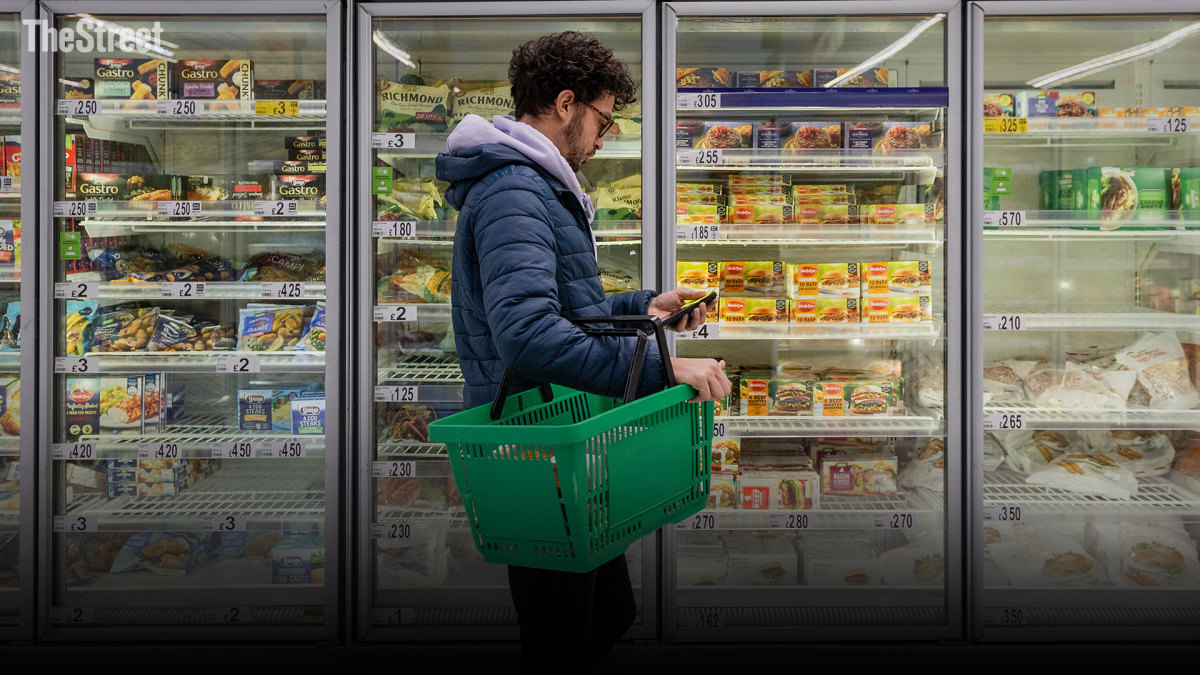
Just because a product line has been around a long time and has high name recognition does not mean it will be around forever.
That's a lesson consumers learned in 2012 when Hostess filed for bankruptcy and ceased operations. In seemingly a few days, iconic products like Twinkies, Fruit Pies, and Hostess Cupcakes disappeared from store shelves.
They were eventually brought back a few years later as a new company picked up the company's assets. But that's not always the case. Sometimes, when a popular retail brand goes bankrupt, that's the end, and even storied names with long histories have gone away and stayed gone.
Related: Coca-Cola and Pepsi face a new big-name rival
Blue Harvest Fisheries may not be as big a name as Hostess, but the company dominated parts of the fishing industry in New England and had a huge distribution network. Its abrupt Chapter 7 filing in 2023 left its vendors scrambling for suppliers and the fishermen who provided its fish scrambling to find new wholesalers for their catch.
It was an ugly situation that not only hurt the economy, at least in New England fishing communities, it also drove up prices as grocery chains had to find non-local sources.
When a major supplier files for bankruptcy, the effect can be much deeper than its products simply disappearing.

Getty Images
100-year-old deli company files bankruptcy
Julian Freirich founded Freirich Meats in 1921 with the goal of the having the best-tasting and highest-quality meats. That idea and the company's motto, "The Family of Fine Meat Products,” has driven its 103-year run as a top provider to chains including BJ's, Price Chopper, Giant and Fresh Market.
The company's main products are corned beef, pastrami, roast beef, various deli meats, and many other specialty items.
The company outlined its goals on its website.
"The Family of Fine Meat Products emphasizes our determination to create a company with a family atmosphere," the company wrote. "We strive to provide a safe, stable, rewarding, and supportive working environment for our employees. We will produce food which is safe, wholesome, legal, and consistent with our high standards of quality. We will guarantee our customers 100% product satisfaction."
Those noble goals guided the company to a long and successful run, but despite the company's history, its future is very much in doubt. as the Salisbury, N.C., company has filed for Chapter 11 bankruptcy protection.
What's next for Freirich Foods?
The company's Chapter 11 bankruptcy showed it had between $10 million and $50 million in debt with the same range of assets. Freirich Foods also claimed in the filing that it would have money available for unsecured creditors.
Currently, Freirich Foods continues to operate, and there's no mention of the Chapter 11 filing on its website. The company has about $5.1 million in accounts receivable and about $5.7 million in inventory in some stage of being processed.
Freirich showed about $13 million in overall assets, which includes its inventory, machinery, intellectual property, buildings, and vehicles.
BJ's Wholesale Club (BJ) stands as the company's second-biggest creditor with Freirich owing the brand $1.6 million. Its largest creditor is a trust owned by Jeff Freirich, a member of the founding family who does not currently hold a leadership position with the company.
Currently, Paul Bardinas, who joined Freirich in 1993, serves as chief executive and a director of Freirich. "Formerly vice president of operations and chief operating officer, Paul has held a number of positions in Freirich operations and general management," the company posted on its website.
UPDATE: Historic food brand explains Chapter 11 bankruptcy, outlines next steps
Freirich has not yet filed a plan for how it intends to finance its Chapter 11 reorganization with the North Carolina court where it filed for bankruptcy.







